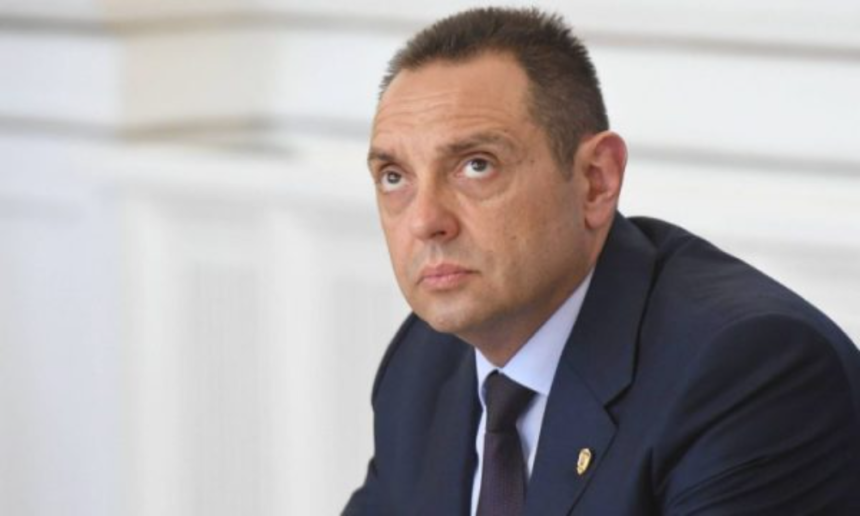Aleksandar Vulin, Serbia’s Deputy Prime Minister, continues his campaign for Serbia’s membership in BRICS (Brazil, Russia, India, China, South Africa) while emphasizing the country’s reluctance to align with the European Union (EU). Despite Serbia’s ongoing efforts to join the EU for decades, Vulin recently stated that Serbia is more interested in the economic growth offered by BRICS than the political demands of the EU.
In a recent speech at the Eurasian Economic Forum in Verona, Vulin pointed out that the European Union has made several political demands from Serbia, including the recognition of Kosovo’s independence and the imposition of sanctions on Russia. “The EU asked us to recognize Kosovo’s independence and to impose sanctions against Russia. We refused both. We don’t want to follow those demands. On the other hand, BRICS is not asking us to impose sanctions on the EU but offers us a chance to join the growing economy of half the world,” Vulin explained.
Vulin, who is under U.S. sanctions, highlighted the stark contrast between BRICS and the EU in terms of what they demand from Serbia, positioning BRICS as a more attractive partner for Serbia’s future. He strongly criticized the notion of isolating Russia, calling it “not only wrong but foolish.”
His comments come just days after EU member states failed to reach an agreement on opening Chapter 3 of Serbia’s EU accession negotiations. Although discussions on this issue have been ongoing, the EU still faces disagreement over Serbia’s foreign policy alignment, its stance on Russia, and unresolved issues regarding Kosovo and the rule of law.
According to reports, some EU member states, including the Baltic and Scandinavian countries, as well as the Netherlands and Croatia, rejected the Hungarian presidency’s proposal to begin the procedure for opening Chapter 3. These nations expressed concerns about Serbia’s alignment with EU foreign policy and its commitment to sanctions against Russia.
On the other hand, countries supporting Serbia’s EU accession argue that Serbia has met the technical criteria outlined by the European Commission and that moving forward would send a positive signal to the region, bringing Serbia closer to the EU. However, the lack of consensus leaves the future of Serbia’s EU integration uncertain.







